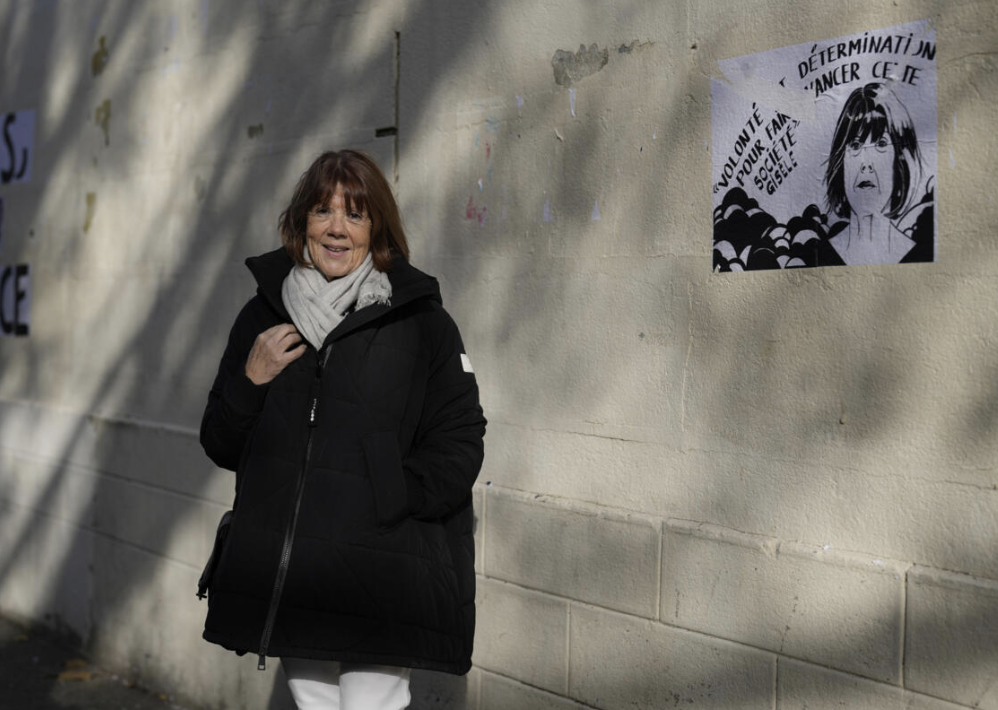The Mazan rape trial, in which Gisèle Pelicot testified as the main victim, shook the walls of the French courts, while reverberating far beyond their borders. The case, which brought to light systematic abuse perpetrated by men considered « ordinary », sent shockwaves around the world.
A case watched by the international media
From the very first days of the trial, which began on September 2nd, 2024, in Avignon, the international press has relayed the shocking testimony of Gisèle Pelicot. A victim of abuse orchestrated by her husband and a group of men, she was horrified to discover that years of health problems were in fact due to sexual assaults committed while she was on drugs. This story was echoed in publications around the world.
In Europe, newspapers such as The Guardian in the UK and El País in Spain have highlighted the universal significance of this case. They praised Gisèle’s courage and highlighted the way in which this tragedy exposes the normalisation of sexual violence by apparently « normal » individuals. In the United States, The New York Times explored the systemic flaws revealed by the case, in particular the slowness of the French justice system in dealing with this type of crime, while in India, the Times of India described the case as ‘a revealing shock’ for French society.
Gisèle Pelicot, an emblematic figure
Through her testimonies, Gisèle Pelicot has become a powerful voice for victims of sexual violence. Her bravery in sharing her ordeal despite media and social pressure has drawn comparisons to historic feminists like Simone de Beauvoir. But whereas Beauvoir denounced the oppression of women through her writings, Gisèle embodies a struggle rooted in contemporary reality: breaking the silence and confronting taboos.
In Germany, Der Spiegel described her as « a heroine for women the world over », a woman whose struggle transcends national borders to become a universal symbol. This status reinforces the idea that the Mazan rape case is much more than a simple news item: it is the reflection of a society in search of justice and equality.

The banality of evil: « ordinary » attackers
One of the most disturbing aspects of this case is the profile of the assailants. The media, notably La Repubblica in Italy, referred to a « pack of ordinary men » to describe these individuals, integrated into society, who took part in acts of unprecedented violence. This expression highlights the way in which banality can conceal horror and raises questions about the cultural complicity that allows such violence to continue.
This banality of evil has provoked introspection in many countries, reviving debates on the mechanisms of patriarchal domination and on collective responsibility in the face of gender-based violence.
A symbol of universal struggle
The Gisèle Pelicot case now transcends borders and cultures. It has become a source of inspiration for feminist movements around the world, while exposing the shortcomings of legal systems in dealing with violence against women.
This scandal is not just a personal tragedy; it is in fact a global scream of alarm. It calls for deep reflection on the way societies deal with sexual violence, and for collective action to ensure that such atrocities can never again be tolerated. Gisèle Pelicot, through her courage, embodies this hope for change.










